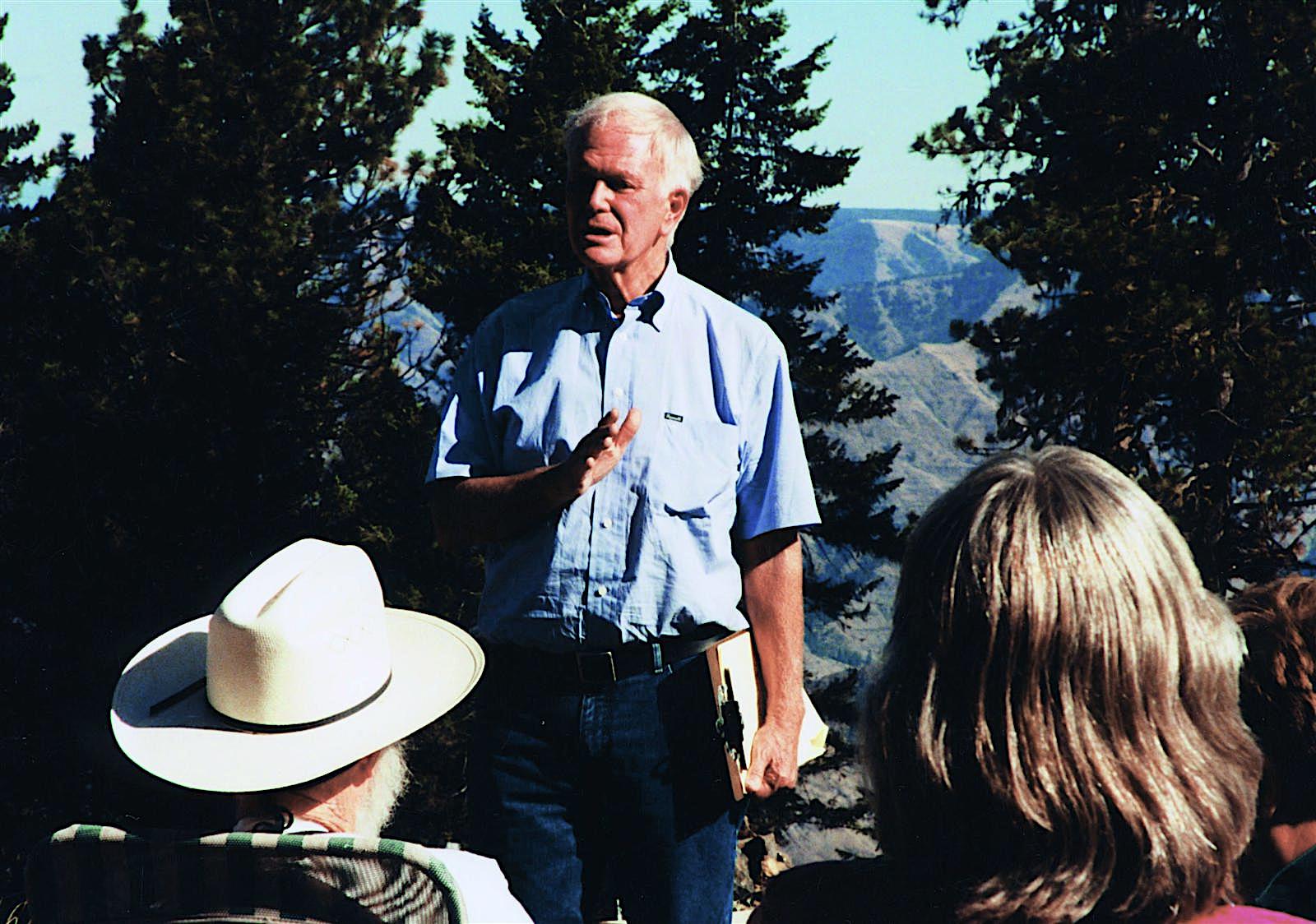If one rationally considered the probability of succeeding at elevating a discrete piece of federal public land to the status of a congressionally designated national what-have-you area (wilderness, wild and scenic river, national park, national monument, national recreation area, national wildlife refuge, or such), one might never embark on the voyage. One usually has to overcome an entrenched establishment of industry, locals, and government that doesn’t want things to change. Yet, conservationists proceed anyway, and if they are smart, clever, and persistent (with emphasis on the latter) enough, they do find success. It often takes a generation to change the world, or even a part of it.
Read More

